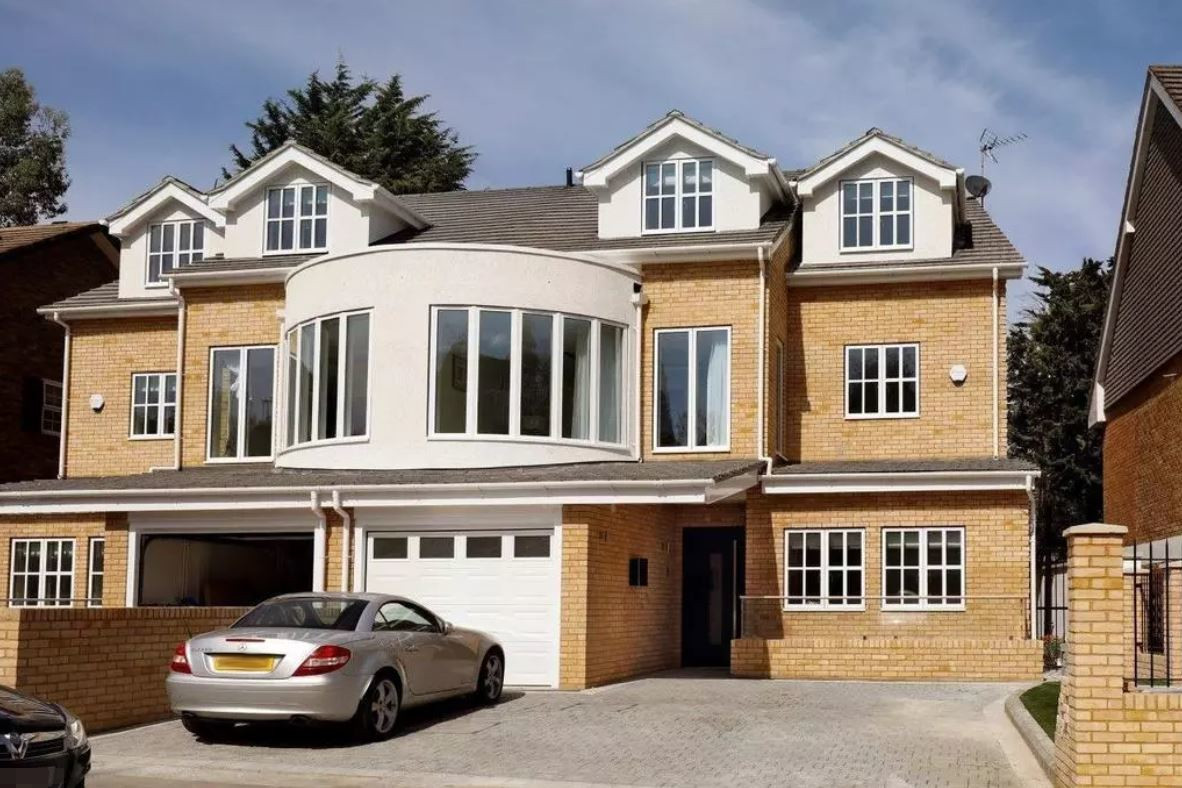As an architecture company that deals with planning and development, Extension Architecture is well-versed in the requirements and regulations surrounding Houses in Multiple Occupation (HMOs) in the UK. Here’s what you need to know about HMO licensing and licences in relation to planning and architecture:
HMO Licensing and Planning Permission
If you are planning to convert a property into an HMO, it’s important to understand that you may need both an HMO licence and planning permission. HMO licensing is a legal requirement under the Housing Act 2004, and failure to obtain a licence can result in fines, legal action, and restrictions on renting out the property. Planning permission, on the other hand, It is required under the Town & Country Planning Act 1990, and is necessary to ensure that the proposed development is in line with local planning policies. When applying for planning permission for an HMO, it is most important to consider a number of factors, including the impact of the development on the local community, the design and layout of the property, and the suitability of the property for its intended use. Planning officers will consider these factors when making a decision on the application, and may impose conditions on the development if necessary.
When applying for planning permission for an HMO, it is most important to consider a number of factors, including the impact of the development on the local community, the design and layout of the property, and the suitability of the property for its intended use. Planning officers will consider these factors when making a decision on the application, and may impose conditions on the development if necessary.
HMO Licence Requirements
To obtain an HMO licence, landlords must demonstrate that the property meets certain standards for safety, hygiene, and management. This may involve providing evidence of gas and electrical safety inspections, fire safety measures, and adequate bathroom and kitchen facilities. HMO licences are issued by local authorities, and landlords must apply for a licence before renting out the property.
HMO licences are valid for a maximum of five years, and must be renewed before they expire. Landlords who fail to obtain or renew an HMO licence may face fines, legal action, and restrictions on renting out their property.
HMO Licence Fees
HMO landlords are required to pay a fee when applying for an HMO licence. The fee varies depending on the local authority, and may be based on the size and type of the property. In general, larger properties and properties in high-demand areas may attract higher fees.
HMO Licence Conditions
When issuing an HMO licence, local authorities may impose conditions on the development to ensure that it meets certain standards for safety and management. These conditions may include requirements for fire safety measures, the provision of adequate amenities, and the management of waste and recycling. Landlords must adhere to these conditions throughout the period of the licence, and failure to do so may result in fines, legal action, and restrictions on renting out the property.
HMO Licence Enforcement
Local authorities are responsible for enforcing HMO licence requirements, and may carry out inspections of properties to ensure that they meet the necessary standards. Landlords who fail to comply with HMO licence requirements may face fines, legal action, and restrictions on renting out the property.
In summary, HMO licensing and licences are an important consideration for landlords and developers who are planning to convert a property into an HMO. HMO licences are a legal requirement under the Housing Act 2004, and are issued by local authorities. Landlords must demonstrate that the property meets certain standards for safety, hygiene, and management in order to obtain an HMO licence, and must renew the licence before it expires. Planning permission may also be required for an HMO development, and planning officers will consider a range of factors when making a decision on the application. Local authorities are responsible for enforcing HMO licence requirements, and may carry out inspections of properties to ensure that they meet the necessary standards.







